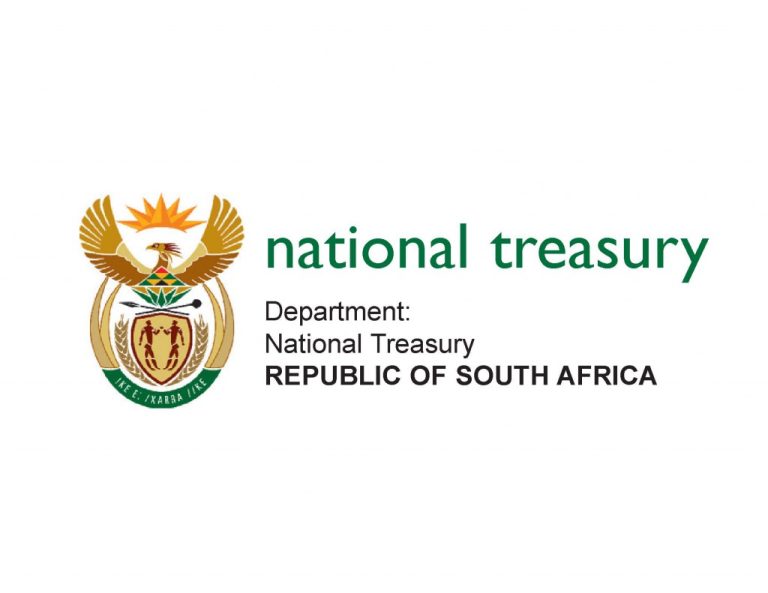The Revenue Trends and Tax Proposals chapter of the National Treasury’s 2024 Budget Review confirms the extension of the 12H Learnership Tax Incentive for an additional three years. With this extension, businesses will retain eligibility for the associated tax benefits for learnership (including apprenticeships) agreements initiated on or before 31 March 2027. This prolonged duration offers businesses an extended opportunity to prioritise skills development and maximise their tax advantages.
Employers are encouraged to access the National Treasury document via the following link: National Treasury 2024 Budget Review – Chapter 4 on page 41.
Understanding Section 12H
Section 12H of the Income Tax Act offers a significant tax incentive to businesses investing in learnership programs. It enables eligible businesses to claim tax deductions for qualifying expenses incurred in supporting approved learnership programs, provided there is a binding learnership contract in place. These deductions are subject to SARS Interpretation guidelines. To qualify for the incentive, the learning intervention including the learnership/apprentice program must be registered with the relevant authorities and meet specific criteria outlined in the Income Tax Act.
Taking the Next Step
Are you prepared to unlock the benefits of the Section 12H Learnership Tax Incentive? Reach out to your accountant, bookkeeper, or auditor today to gain insights into navigating this process effectively. By doing so, you can start enjoying the advantages of tax savings, and sustainable growth, and contribute to a brighter future for South Africa.
Here’s How It Works
-Eligibility: Businesses must offer recognized training programs or learnerships/apprenticeships accredited by authorities such as the Sector Education and Training Authorities (SETAs) or the Quality Council for Trades and Occupations (QCTO). Participants in these programs must be registered with recognized educational institutions or training providers.
-Tax Deduction: Businesses offering eligible learnerships/apprenticeships can claim tax deductions equal to 100% of qualifying expenses incurred during the learnership period. These expenses may encompass salaries paid to learners, costs associated with training materials or equipment, and any other direct costs related to the learnership program.
-Duration: The specific duration of the learnership may vary depending on program requirements and agreements between employers and learners.
-Compliance: To benefit from the tax incentive, businesses must comply with regulatory requirements and reporting obligations, including submitting documentation to demonstrate program eligibility and successful completion.
Impact: Participating in the 12H Learner Tax Incentive not only aids in developing skilled workers but also offers financial benefits through tax savings. Additionally, learners gain valuable practical experience and skills, enhancing their employability and career prospects.
In summary, the 12H Learner Tax Incentive fosters skills development, employment opportunities, and economic growth in South Africa benefiting businesses of all sizes.


